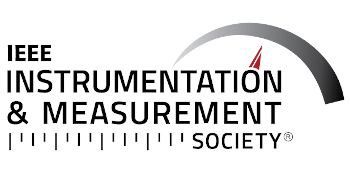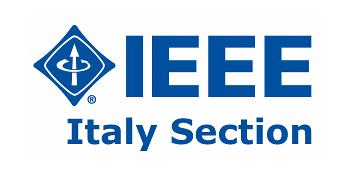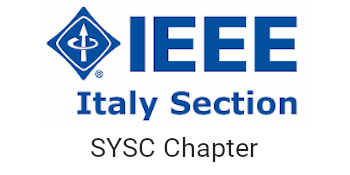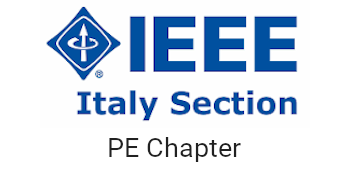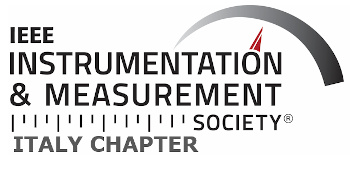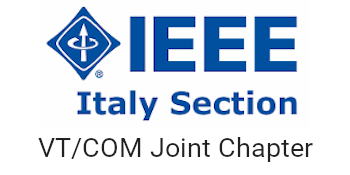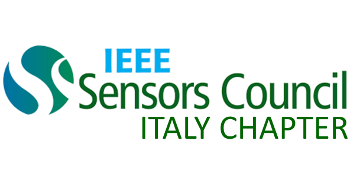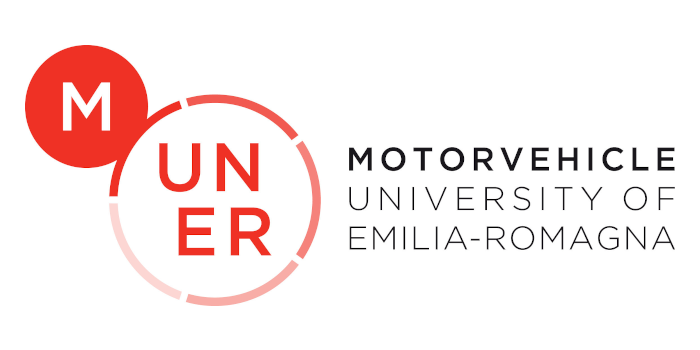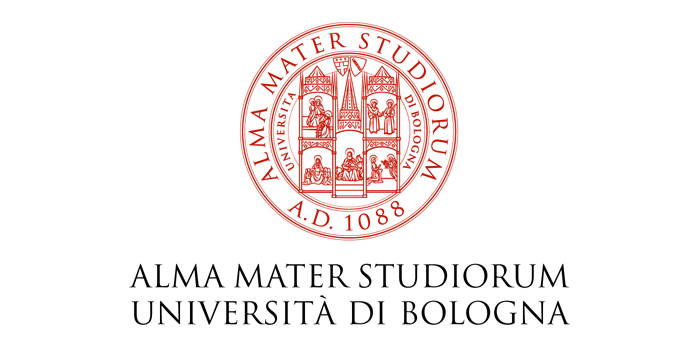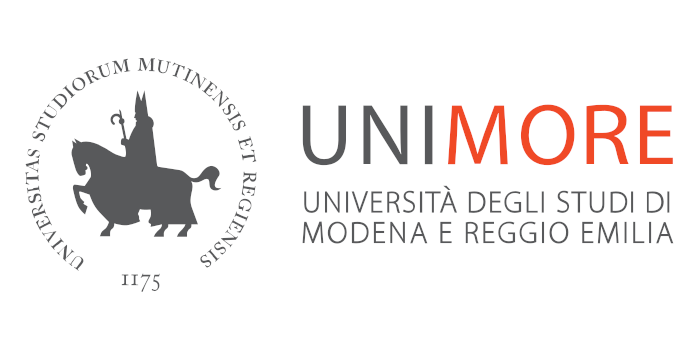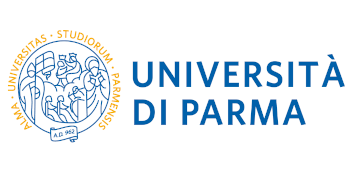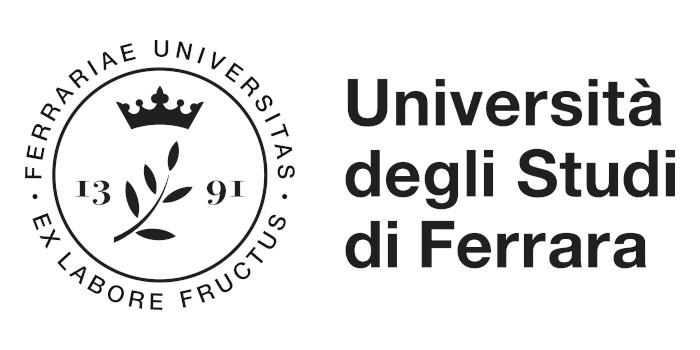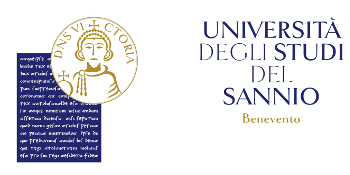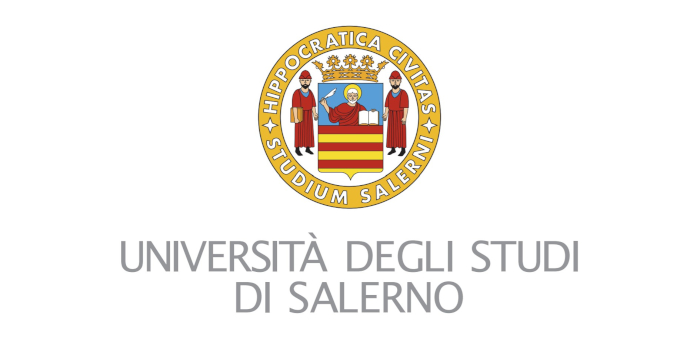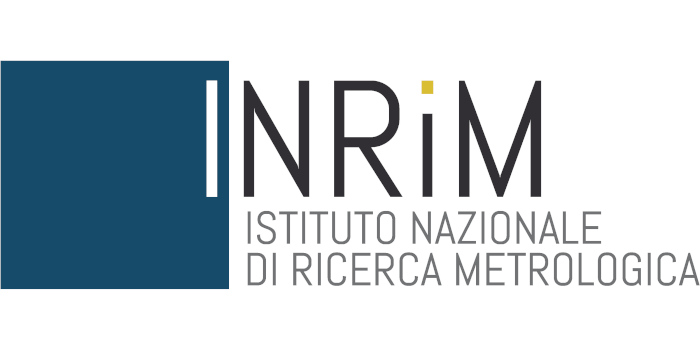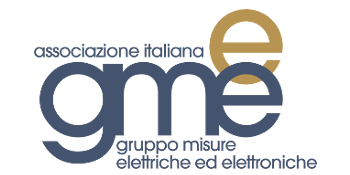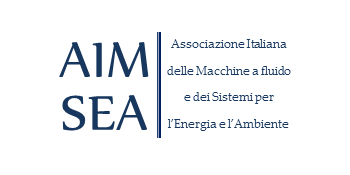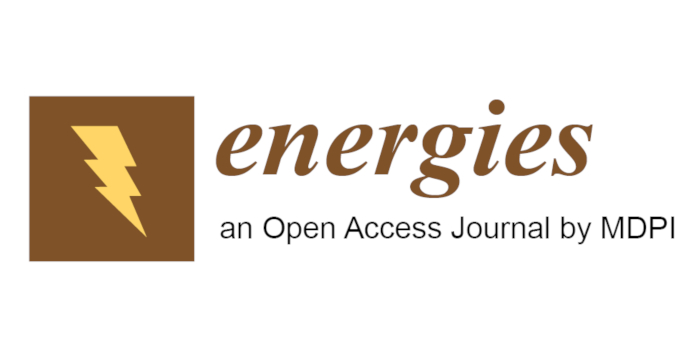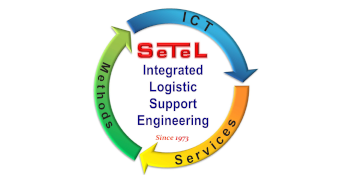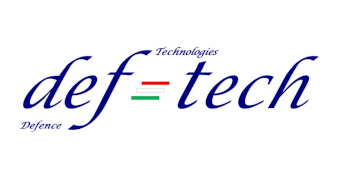The Smart Battery Paradigm: sensors, modeling, diagnostics and characterization for the next generation batteries
ORGANIZED BY

Pier Andrea Traverso
University of Bologna, Italy
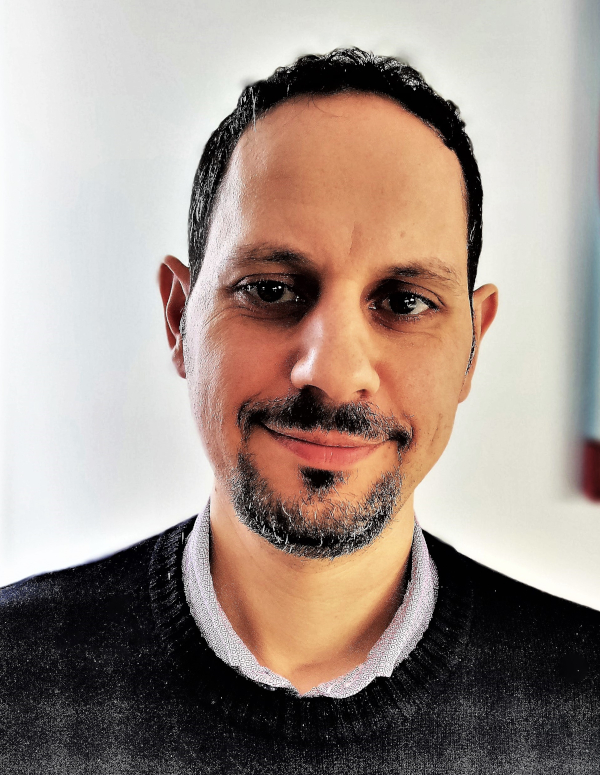
Marco Crescentini
University of Bologna, Italy
ABSTRACT
Batteries are a key technology to foster the challenging and ambitious European Green Deal for the sustainable economy of the future. Climate neutrality, resource efficiency, circular and clean economy are the main targets to achieve the overall objectives: no net emissions of greenhouse gases within 2050 and decoupling of social and economic growth from resource exploitation.
In this framework, the contribution of the automotive sector to the shift towards a sustainable and smart mobility that is envisaged by the Green Deal plays a paramount role. A step increase of the demand and diffusion of efficient, affordable and safe battery electric vehicles (BEVs), hybrid electric vehicles (HEVs) and plug-in hybrid electric vehicles (PHEVs), which are essential towards a low-emission transport system, can be part of the response to this challenge, but it can be achieved only if the novel "Smart" Battery Paradigm is adopted.
More precisely, the battery, or even the single battery cell, must go beyond its traditional functionalities, and evolve into a Cyber-Physical System (CPS), autonomously capable of collecting real-time, in-operando, multi-parameter information (e.g., besides typical electrical parameters, also the time-evolution of the electrochemical impedance spectrum, of the internal and external distributed strain and temperature, of quantities related to physical/chemical degradation phenomena, etc.), to be transduced into battery module/cell state parameters by means of suitable algorithms and predictive models implemented either locally, and/or at the Battery Management System (BMS) level, or even in the cloud. State parameters are thus exploited by the BMS control for improving the performance, safety, and lifetime of the battery. Scientific research and industrial innovation in sensor design and integration, modeling, diagnostics, communication, as well as in related characterization techniques are strongly needed in advancing the battery technology towards the new disruptive Paradigm.
TOPICS
Topics of interest for this Special Session include, but are not limited to:
- Design, implementation, and characterization of sensing strategies and sensors for automotive battery modules/cells
- Electrochemical impedance spectroscopy and other electrical sensors for batteries
- Thermo-mechanical and chemical sensors for batteries
- Design of efficient excitation signals for accurate, fast, and low-noise sensing on batteries
- Ageing and degradation models
- Physics- and data-based models
- Battery module/cell state estimators from multi-parameter sensing
- In-operando monitoring technologies for battery cell self-healing and second-life usage
- Fault analysis
- Predictive maintenance
ABOUT THE ORGANIZERS
Pier Andrea Traverso received the M.S. degree (cum laude) in Electronic Engineering and the Ph.D. degree in Electronic and Computer Science Engineering from the University of Bologna, Italy, in 1996 and 2000, respectively.
Since 2002, he is with the Department of Electrical, Electronic and Information Engineering "Guglielmo Marconi" - DEI, University of Bologna, where he is currently Associate Professor of Electrical and Electronic Measurement and teaches for the Courses in the ICT area.
Pier Andrea Traverso is the Coordinator of the I&M research activity of the Group of Electronic Design and Measurement for RF and Industrial Applications (EDM-Lab) of University of Bologna. His main research interests are in the areas of nonlinear dynamic system characterization and empirical modeling, micro- and millimeter-wave semiconductor device characterization and modeling, smart sensor nodes and advanced sampling instrumentation & techniques. He is the co-author of 120 international journal/conference technical papers.
Pier Andrea Traverso is a member of the TC-10 Committee (Waveform Generation, Measurement and Analysis) - Subcommittee on Jitter and Subcommittee on Digital-to-Analog Converters - of the IEEE instrumentation and Measurement Society. He is a member of the Italian Association of Electrical and Electronic Measurement (GMEE).
Marco Crescentini received the M.S. degree (cum laude) in Electronic Engineering and the Ph.D. degree in Information and Communication Technologies from the University of Bologna in 2008 and 2012, respectively. Since 2012, he joined the Department of Electrical, Electronic, and Information Engineering "Guglielmo Marconi", University of Bologna, Cesena, Italy, where he currently serves as Assistant Professor of Instrumentation and Measurement. He also is a scientific manager of the joint laboratory between STMicroelectronics and the University of Bologna. His current research interests include the design of integrated sensors for energy applications.

